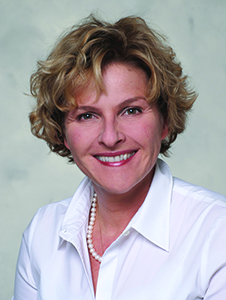Commentary by Dr. Dorota Szczepaniak
Knowing the best way to manage childhood bacterial infections can be challenging for parents. Antibiotic stewardship initiatives resulting from concerns about widespread antibiotic resistance have changed the way many bacterial infections are treated in both children and adults. Such stewardship practices involve allowing minor bacterial infections to run their course and treating only the most serious infections with antibiotics to help these medicines maintain their effectiveness in the future.
Less than 30 years ago, children died or were severely impaired from meningitis, one of the most severe bacterial infections. Fortunately today, this disease can be easily prevented by following a routine vaccination schedule, and if necessary, treated with strong medications.
Pneumonia and bacterial urinary tract infections are conditions that require antibiotics.

Prescription antibiotics are also needed for some minor bacterial infections, such as strep throat and impetigo. If untreated, these infections may have serious consequences. In healthy children, infections like sinusitis and ear infections may go away within a few days without antibiotics. Bacterial conjunctivitis (pink eye), which accounts for less than 50 percent of pink eye cases, may not require antibiotics, depending on the severity of symptoms. Allowing minor infections like these to resolve on their own strengthens the body’s immune system. It’s also important to remember that antibiotics are not effective in treating viral infections, such as the common cold, flu, cough and sore throat.
Although it’s natural for parents to want to minimize their child’s discomfort and enable quick healing, it’s best to let your child’s doctor take the lead in determining if and when prescribing an antibiotic is necessary. The most important things parents can do to help keep children healthy are to instill good handwashing habits and ensure children receive recommended vaccinations. Prevention is key, and it starts at home.
Dorota Szczepaniak, MD, specializes in pediatrics. She is a guest columnist located at Riley Physicians – Riley Outpatient Center and can be reached by calling the office at 317.944.2801. For more health information, subscribe to Strength in You at iuhealth.org/StrengthInYou.



